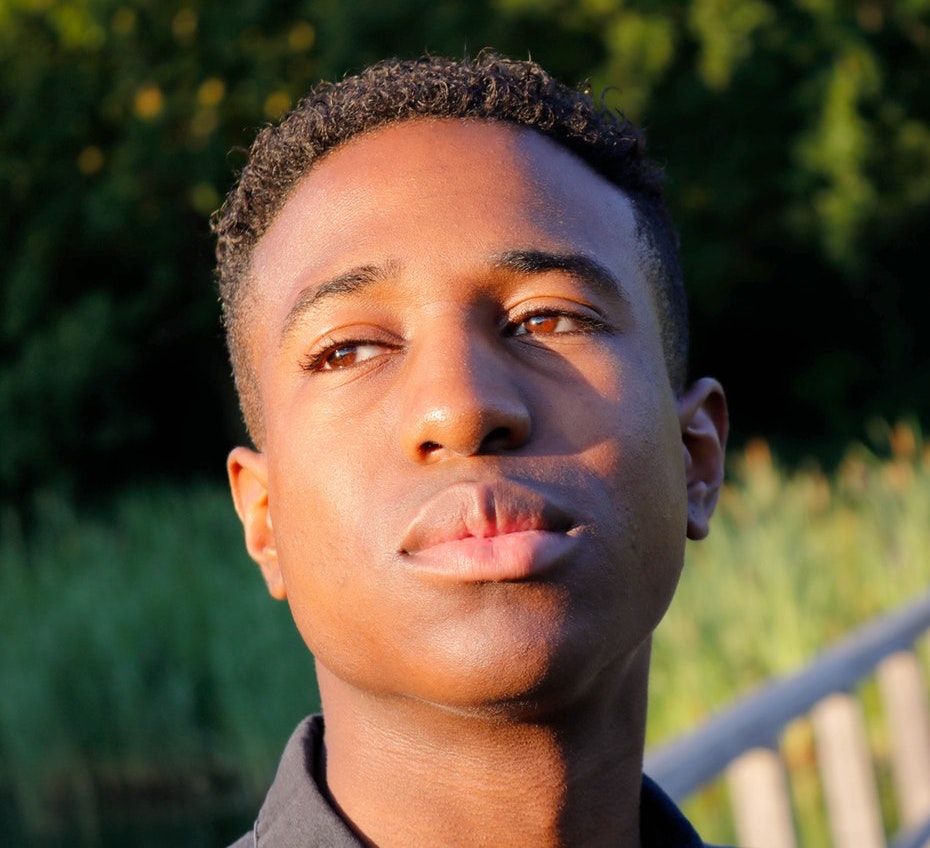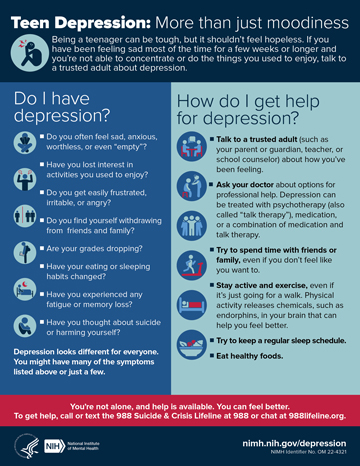 More college students are turning to their schools for help with anxiety, depression and other mental health problems, and many must wait weeks for treatment or find help elsewhere as campus clinics struggle to meet demand, an Associated Press review of more than three dozen public universities found.
More college students are turning to their schools for help with anxiety, depression and other mental health problems, and many must wait weeks for treatment or find help elsewhere as campus clinics struggle to meet demand, an Associated Press review of more than three dozen public universities found.
On some campuses, the number of students seeking treatment has nearly doubled over the last five years while overall enrollment has remained relatively flat. The increase has been tied to reduced stigma around mental health, along with rising rates of depression and other disorders. Universities have expanded their mental health clinics, but the growth is often slow, and demand keeps surging.
Long waits have provoked protests at schools from Maryland to California, in some cases following student suicides. Meanwhile, campus counseling centers grapple with low morale and high burnout as staff members face increasingly heavy workloads.
The Associated Press requested five years of data from the largest public university in each state. A total of 39 provided annual statistics from their counseling clinics or health centers.
The data shows that most universities are working to scale up their services, but many are far outpaced by demand.
Since 2014, the number of students receiving mental health treatment at those schools has grown by 35%, while total enrollment grew just 5%. By last year, nearly 1 in 10 students were coming for help, but the number of licensed counselors changed little, from an average of 16 to 19 over five years.
At most universities, students contemplating suicide or otherwise in crisis are offered help right away. Others are asked to schedule an appointment. For cases that are not urgent, the wait can range from hours to months, depending on the time of year and the design of the clinic.
Many schools that provided data to the AP said it takes weeks to get an initial appointment.
Some other schools have adopted a model that provides screenings the same day students ask for help, but it can take weeks to get further treatment.
To some students, waiting is just an inconvenience. But it raises the risk that some young people will forgo help entirely, potentially allowing their problems to snowball.
The rising demand for campus mental health care has been attributed to an array of factors. Stigma around the issue has faded, encouraging more students to get help. Disorders that once prevented students from going to college are no longer seen as a barrier. Some people believe social media fuels anxiety, while others say today’s students simply have more trouble coping with stress.
Rising demand has also opened doors for businesses promising solutions. Some schools have signed on with companies that provide therapy over the phone or through video chats. Others urge students to try smartphone apps.
But some say the changes will help little if clinics remain understaffed. Counselors at some California State University campuses are pressing the system to hire more staff even as it expands peer counseling programs and wellness workshops. A faculty union is lobbying to reach a ratio of one counselor for every 1,500 students. The system estimates it has one for every 2,700 students.
Excerpted from “As Stigma Ebbs, College Students Seek Mental Health Help,” published by the Associated Press. Read the full story.
Source: Associated Press | As Stigma Ebbs, College Students Seek Mental Health Help, https://apnews.com/08e5c195bf04471e9c4a127abe831d91 | © copyright 2019 The Associated Press
A screening can help you determine if you or someone you care about should contact a mental health professional. Care Coordinators can arrange a free 30 minute Care Consultation so you can explore options with an expert. Call or email our Care Coordinators at 650.688.3625 or careteam@testing.chconline.org to set up an initial Consultation appointment.





